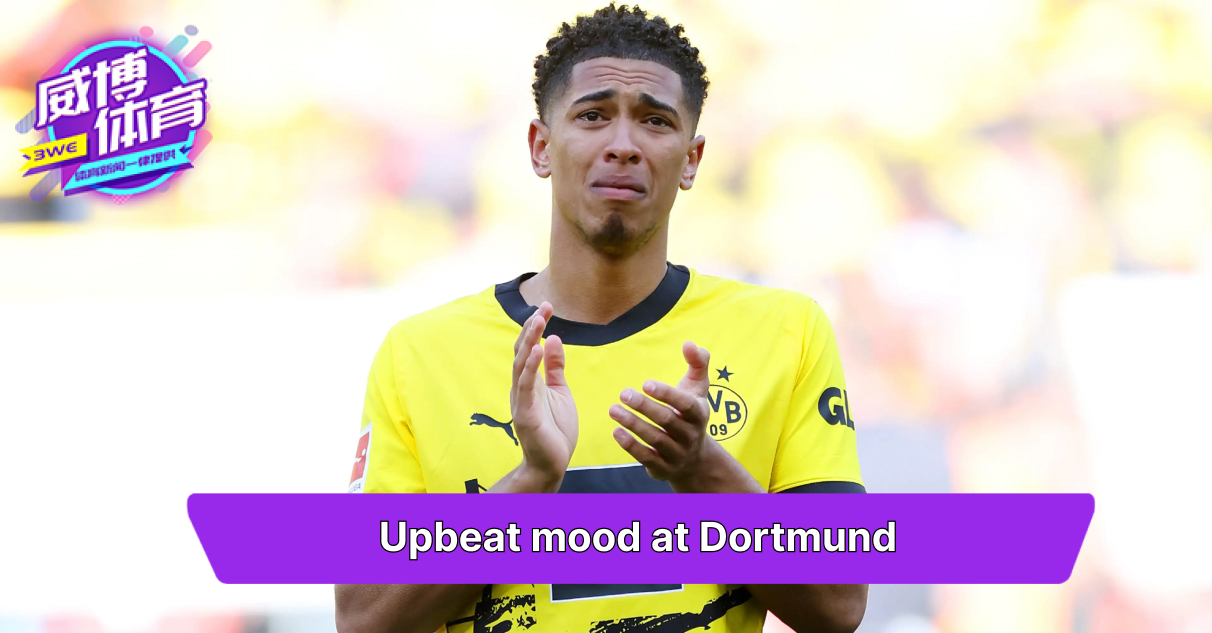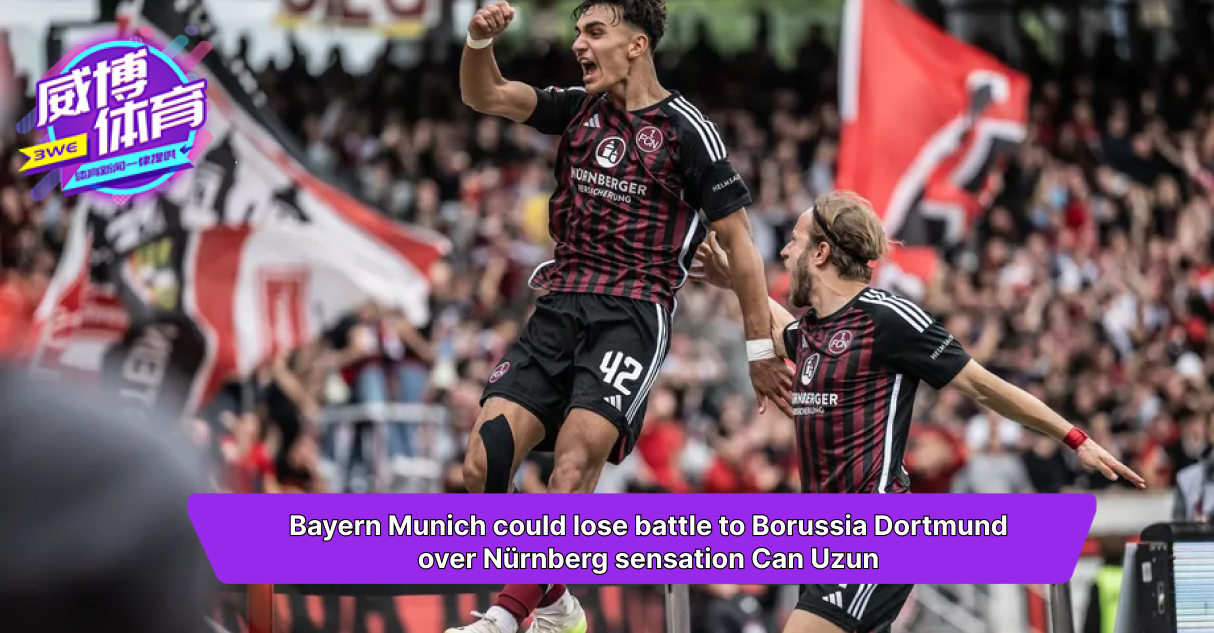Upbeat mood at Dortmund

Borussia Dortmund posted an €11m pre-tax profit in 2022/24 (€10m after tax), which represented a €41m improvement on the previous season’s €30m loss.
Revenue rose €48m (13%) from €377m to €425m, a new club record, boosted by profit from player sales increasing €10m (15%) from €63m to €73m. This was partially offset by €15m (3%) growth in operating expenses, while net interest payable was up €2m to €6m.
There was good growth across all three of the main revenue streams, though commercial was the star of the show, rising €33m (18%) from €184m to €217m, a new high for the club. Match operations nearly doubled from €23m to €44m, as COVID restrictions were lifted, while broadcasting increased €12m (9%) to €158m.
After nine consecutive years of profits, which generated €227m between 2011 and 2019, Dortmund were hit hard by COVID, which led to three consecutive losses, adding up to €150m that “put our business model to the test”.
However, it was business as usual in 2022/23 as the club returned to profitability. Indeed, the board expects another net profit this season of between €15m and €25m.
Good profits from player sales
Dortmund’s profit from player sales rose €10m from €63m to €73m, mainly due to the sales of Erling Haaland and Manuel Akanji to Manchester City. The previous season had benefited from Jadon Sancho’s transfer to the other Manchester club, United.
Jude Bellingham’s big money move to Real Madrid for more than €100m was booked after these accounts closed, so will be reflected in the 2023/24 financials.
Dortmund cited this as a good example of the importance of such deals to the club’s business model, as the transfer policy “presents significant opportunities to generate substantial income”, though they also admitted that this might be “contrary to sporting interests”. In fact, Dortmund’s transfers have generated nearly €1 billion sales proceeds in the last decade.
Bayern’s revenue was around 80% higher than Dortmund, which is a massive difference between the first and second ranked clubs in a country. This is far more than the gap in all other leading countries – with the exception of France, where PSG are in a class of their own financially.
Dortmund earned €73m from the Champions League after reaching the last 16, where they were eliminated by Chelsea. This was €9m more than the previous season, but was still a lot lower than Bayern’s €107m. Dortmund have earned an impressive €347m from European competition in the last five years, so it is no surprise that the club described the potential income here as “extremely lucrative”.
Dortmund have the highest crowds in Germany, averaging over 81,000, which represents a near sell-out of the Signal Iduna Park. The closest challengers are Bayern Munich 75,000, followed by Schalke 04 61,133 and Hertha BSC 53,652.
Dortmund’s board appear to be in an upbeat mood, “We are confident that these figures herald a return to our former strength and that the most difficult economic period in more than 15 years is now well and truly behind us. From an economic standpoint, the key takeaway is that our business model is fully functional again now that the pandemic-related restrictions have been lifted.”






